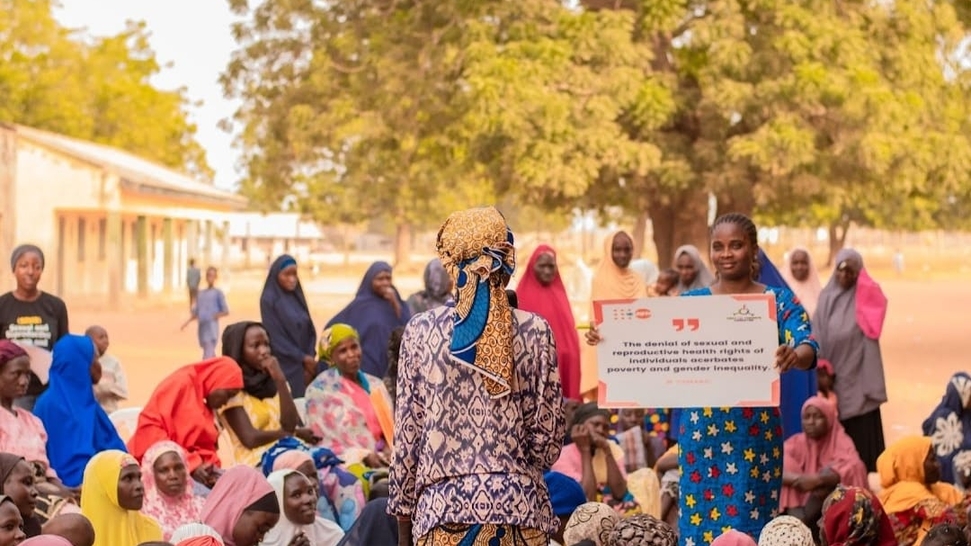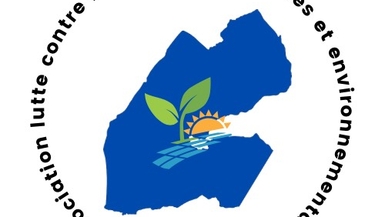Campaign Status
Ongoing Offline: The campaign is currently ongoing offline and, thus still in the process of collecting funds.
Summary
The campaign aims to establish safe spaces within the IDP camps, serving as hubs for skill development and income generation.
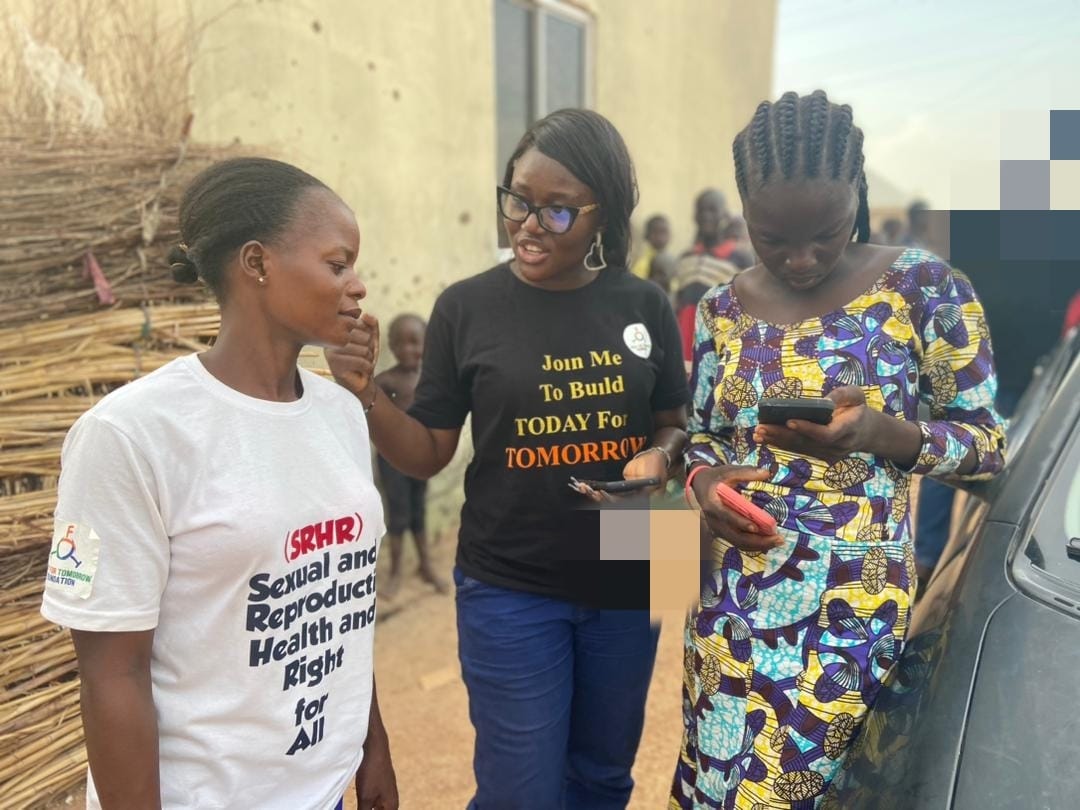
Challenge
In the North-East region of Nigeria, particularly in Adamawa State, a significant humanitarian crisis has unfolded, with over 204,699 individuals displaced from their homes as of 2020. The influx of displaced persons, especially children, adolescents, and young women, into various IDP camps has placed immense strain on their health and well-being. These vulnerable populations face heightened risks of sexual reproductive health issues, gender-based violence, and insufficient access to livelihood support and basic necessities.
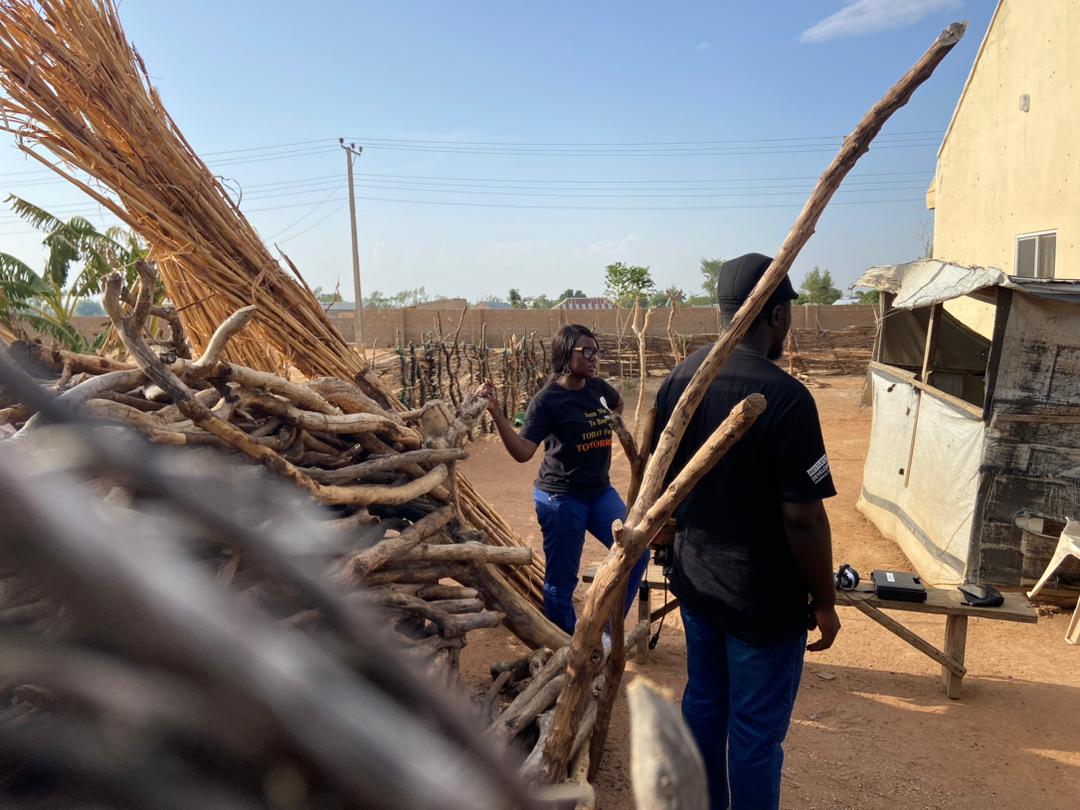
The situation is exacerbated by the lack of durable solutions and integration strategies in place to adequately address the challenges faced by those affected by displacement. The IDP camps in Yola-South and Girei LGA serve as focal points for intervention, where urgent action is needed to mitigate the harm caused by displacement and promote safe and dignified living conditions.
Solution
The solution to the humanitarian crisis in Adamawa State involves the implementation of a multifaceted approach aimed at providing comprehensive support and empowerment to displaced communities. The cornerstone of the project lies in establishing safe spaces within the IDP camps, serving as hubs for skill development and income generation. These safe spaces will offer training and resources to enhance the livelihoods of displaced individuals, equipping them with the necessary knowledge and skills to sustain themselves and their families.
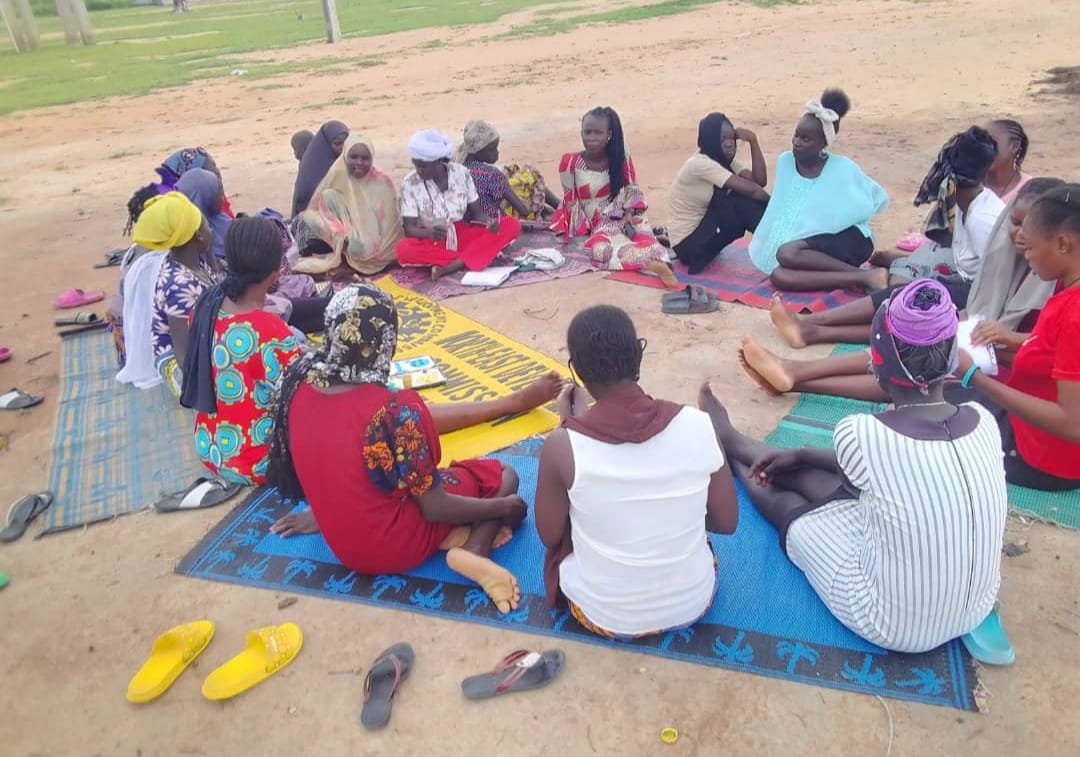
Additionally, the project will focus on increasing access to sexual and reproductive health and rights (SRHR) information and services, addressing the specific needs of displaced populations in the IDP camps. Through educational initiatives and awareness campaigns, the project aims to promote positive social norms and behavioral change, thereby protecting children and women from all forms of gender-based violence and harmful practices.
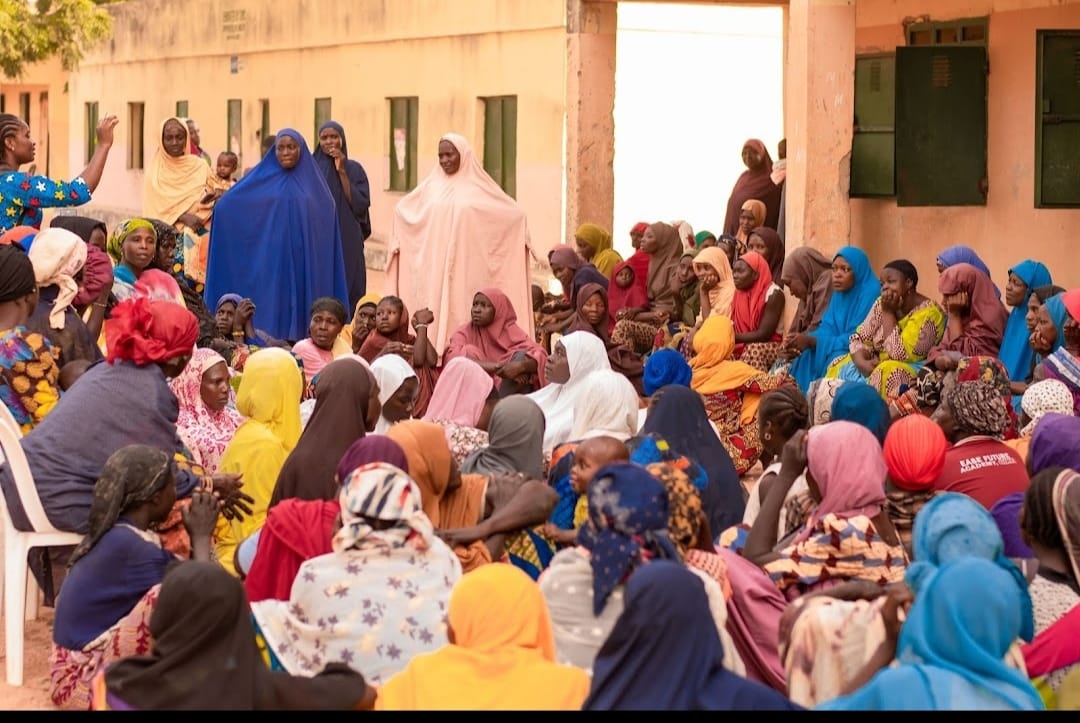
Furthermore, the project seeks to mitigate the poverty status and vulnerability among displaced persons by providing protection and child protection responses, enhancing their capacity to live safe and dignified lives. Through strategic partnerships and community engagement, the project endeavors to create a supportive environment conducive to the well-being and resilience of those affected by displacement.
